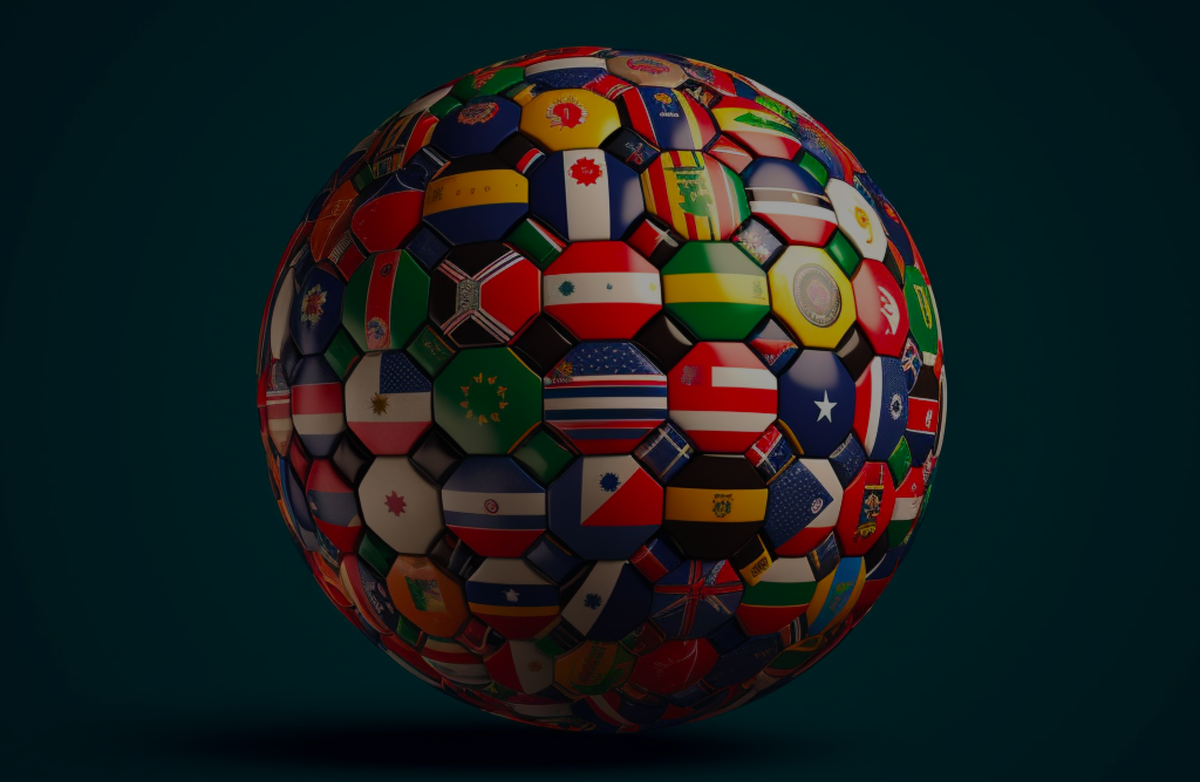The Globalization of Sports Fandom

The globalisation of sports fandom has been driven by factors such as the rise of the global middle class, migration, deregulation of television, and diversity, equity, and inclusion[1]. The rapid expansion of digital platforms and emerging technologies has further fueled this globalisation, transforming the way fans engage with sports and creating new opportunities for businesses in the industry[2].
👀 Key Takeaways
- Sports fandom is increasing globally, powered by digital platforms and new markets[2].
- Emerging global markets show the highest interest in sports, highlighting the need for competitions to engage international audiences[2].
- The global sports industry is seeing a huge influx of capital from various sources, driving growth and innovation[10].
- Technology, internet, and social networks have brought football clubs and fans closer together, emphasizing the importance of globalization in sports marketing[7].
- The future of sports lies in the change from continental markets to global markets, with a focus on expanding franchises and brands into foreign markets[12].
🔍 Market Trends
- Digital audiences are being attracted to sports through gaming and other online platforms[2].
- Globalization is driving the growth of the sports industry, with new centers of the industry emerging[3].
- The rise of women's sports and shorter, bite-sized sporting events are gaining popularity[12].
- Fluid sports fandom is becoming more common due to globalization and changing fan preferences[4].
- Immersive sports experiences are emerging as a result of shifts in technology and consumer behavior[11].
🏆 Top Businesses
- [LaLiga Tech]: A technology subsidiary of LaLiga that focuses on developing digital solutions for the sports industry[2].
- [Formula 1]: A global motorsport series that has successfully engaged fans through innovative marketing strategies and the docuseries "Drive To Survive"[5].
- [Fan Controlled Football]: An emergent sports property that allows fans to have direct control over various aspects of the game, including play-calling and team management[12].
🧩 What If Scenarios
- What if sports leagues and teams collaborate to create a unified global platform for fans to engage with their favorite sports and athletes?
- What if emerging technologies like virtual reality and augmented reality become mainstream, allowing fans to experience sports in entirely new ways?
- What if sports organizations prioritize sustainability and social responsibility, leading to a more ethical and environmentally friendly sports industry?
💡 Idea Generation
- Develop global fan engagement strategies that cater to diverse audiences and leverage digital platforms.
- Create immersive fan experiences using emerging technologies like virtual reality, augmented reality, and 5G.
- Encourage cross-cultural collaborations between sports organizations, teams, and athletes to promote global understanding and unity.
- Invest in the growth of women's sports and other underrepresented sports to diversify the sports industry.
- Prioritize sustainability and social responsibility in sports marketing and event planning.
🔮 Future Impact
- The globalisation of sports fandom will continue to drive growth and innovation in the sports industry[1].
- Sports organizations will need to adapt to the changing preferences and behaviors of fans, embracing digital platforms and emerging technologies[2].
- The focus on sustainability and social responsibility will become increasingly important in the sports industry[8].
- The rise of women's sports and other underrepresented sports will contribute to a more diverse and inclusive sports landscape[12].
- Global sports marketing will need to evolve to cater to the changing needs and expectations of fans around the world[15].
Embrace the globalisation of sports fandom and explore new opportunities to engage fans across the world. The future of sports lies in the hands of those who can adapt, innovate, and connect with diverse audiences on a global scale. 🌍🏆🌟





